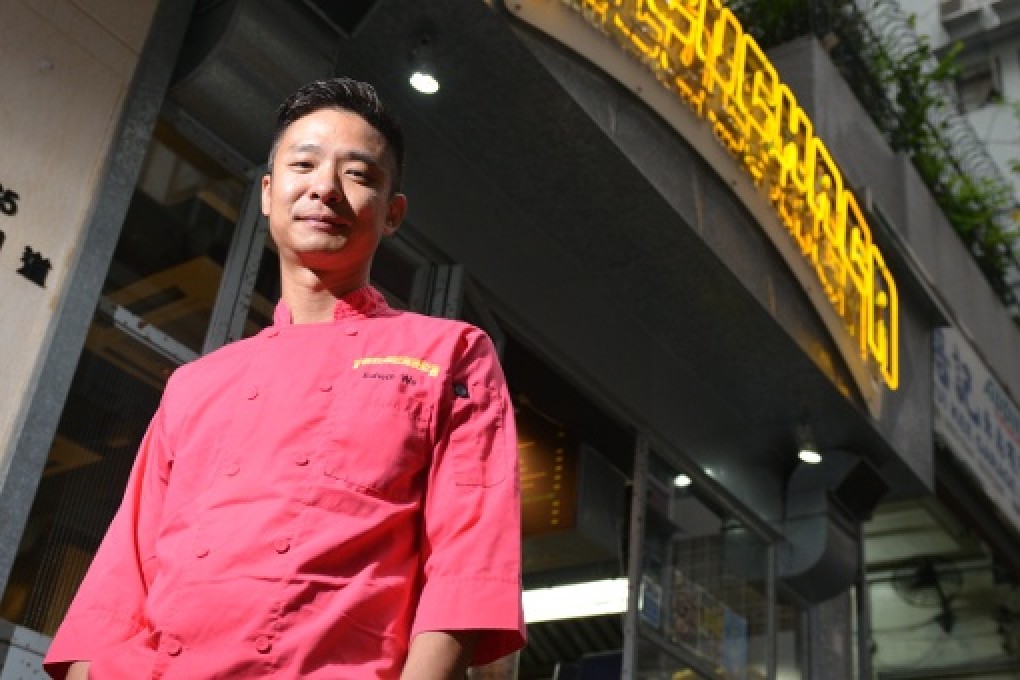
While the daily routine of eating at a Los Angeles food truck always left Edwin Wu satisfied, he never expected to turn those experiences into a way to make a living.
Hong Kong-born Wu went to California aged 14, remaining there until after completing his degree in architecture at the Southern California Institute of Architecture.
“My father is an architect and it’s a genuine passion for me. I still enjoy designing interiors and menus for my restaurants,” Wu says. Although SCIA was isolated from city life, the industrial neighbourhood attracted food trucks. “They target such areas, bringing great Mexican food daily. A 99 cent taco with juicy marinated meat was a taste I came to love.”
Fate led Wu away from architecture. Although he won an internship working on an architecture competition, losing meant a search for a full-time job. “The easiest thing to do was wait tables. I worked in a Japanese fusion restaurant and at night, tended bar. Many of my co-workers were Mexican so I learned how to make Mexican food,” he says.
By 2000, Wu had returned home to assist his parents. Hailing from a city that loves to eat, it’s no surprise that Wu’s mind turned to food. “There were things I missed that didn’t exist in Hong Kong. The fast food culture was just McDonald’s or cha chan teng – it didn’t represent the dynamic profile of Hong Kong or its metropolitan people.”
In spite of his observations, Wu was busy with sales and marketing and life in the rat race kept him occupied. After seven years, however, he had reached a plateau and was questioning what he wanted to do next. “An EMBA was logical because I thought I’d move up the corporate ladder. You can’t tell people you’re an architecture graduate forever,” he quips. An EMBA at the University of Western Ontario, run by its Richard Ivey School of Management campus in Hong Kong, offered the kind of support Wu wanted.